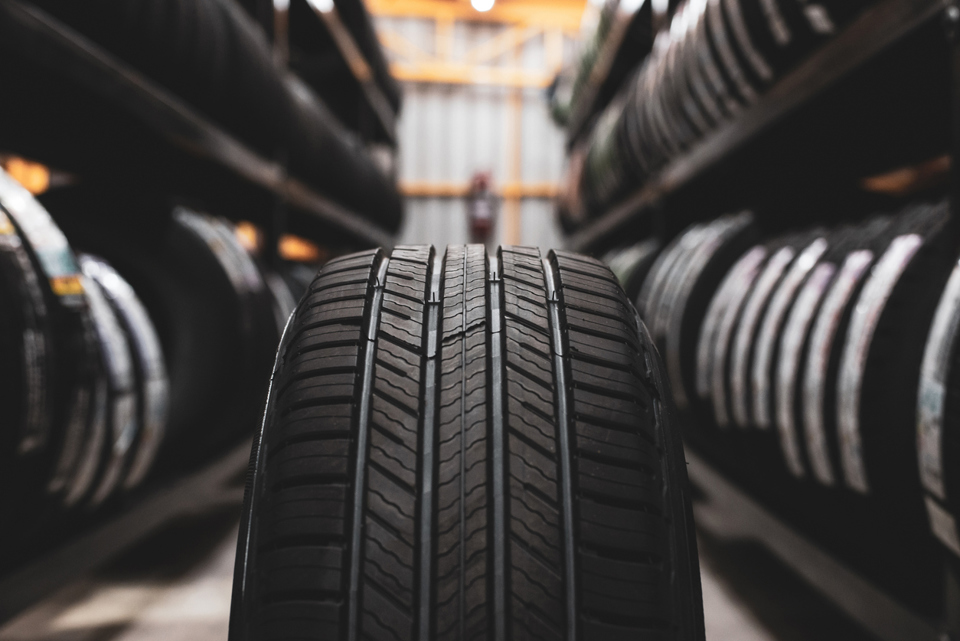Fleet tyre choice should be based on real-world data, not just unit price, with the potential to make substantial savings on maintenance budgets, according to i247 Group.
The Poole-based company, which maintains over a million vehicles on UK roads, says that fleets can make significant cost savings with a tyre policy based on the right tyre for their vehicle and operating behaviour (including load, start-stop and how they drive).
In one recent tyre spend analysis, i247 Group found savings in excess of £1 million.
Analysing the data of the specific operating behaviours of the fleets it helps maintain - including payload and driving style - i247 Group says these behaviours have a significant impact on which tyre is best suited to each individual fleet.
By examining fleet tyre data and metrics - such as average miles per old tyre, damage rates and average days since last change - it is possible to assess which tyre works best.
David Legg, director of tyres for the i247 Group, explained: “Data is absolutely key to creating an optimal fleet tyre policy.
“It’s so important for fleets to think broadly, rather than just picking a generic premium tyre or a particular rebated brand. Because each brand has its own strengths which can make a significant impact to performance.
“We want fleet managers to think beyond tyre unit price point and think about whole life cost.”
A recent i247 Group case study of a 1,400-vehicle delivery fleet highlighted a potential tyre cost saving of £1.03m over a five-year period - from selecting the most suitable tyre.
The tyres were chosen because of their ability to handle stop-start driving and regular kerb mounting.
Analysis from the Group showed that 28% fewer tyres would need replacing over the contract term versus the next most suited premium brand.
On average, the recommended tyres lasted almost 6,000 miles longer than the next closest match and 12,000 miles longer than a budget alternative.
As well as the cost savings on tyre procurement, it says that there are additional benefits from fitting the right fleet tyres.
A reduction in tyre changes and failures increases vehicle uptime and decreases the number of mobile fitter callouts. From an ESG (environmental, social and governance) perspective, using fewer tyres also supports business sustainability goals.























Login to comment
Comments
No comments have been made yet.